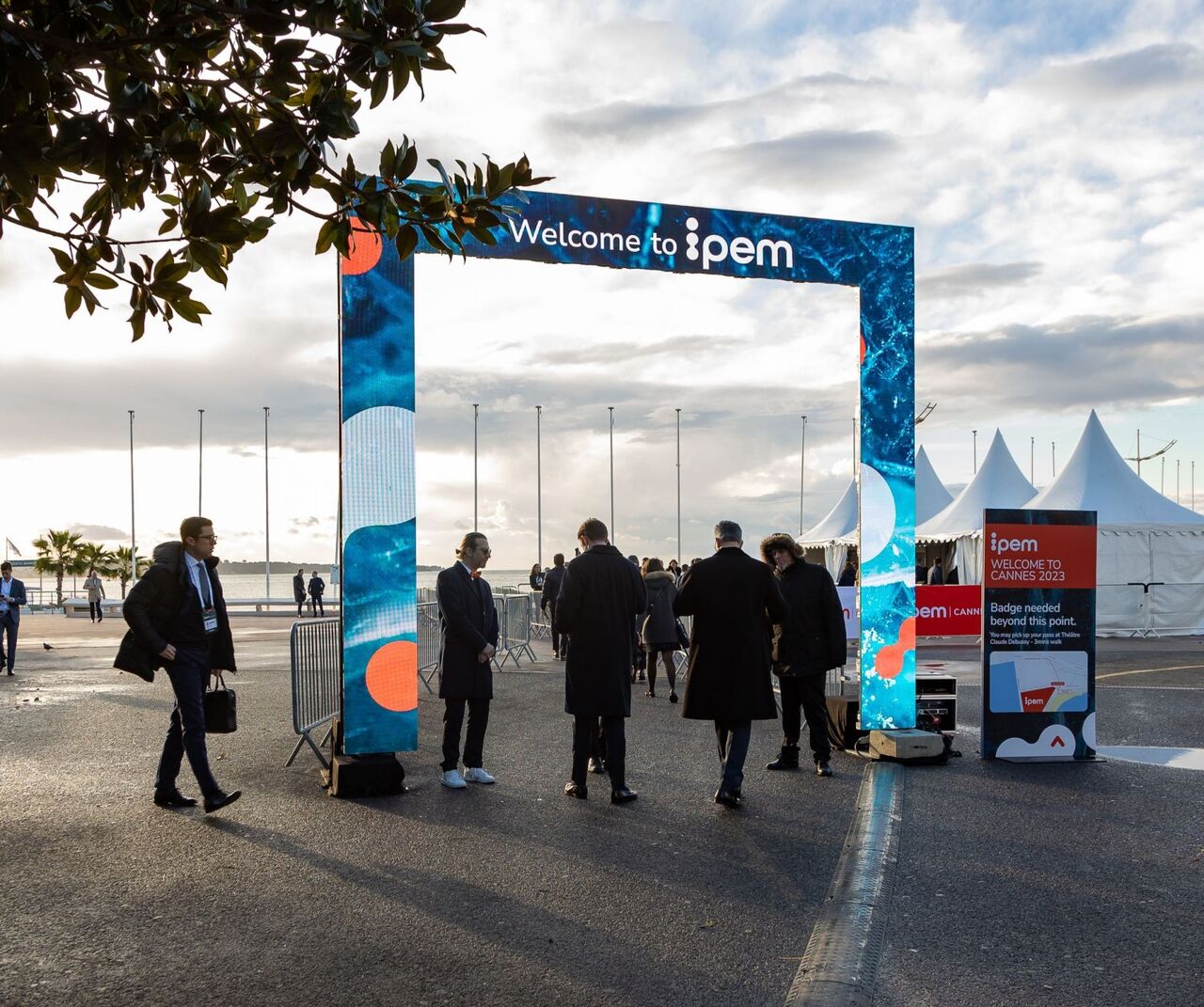Private equity is entering new territory in 2023, marked by high interest rates, climbing inflation, and a slowdown in growth. For many, fear of recession has turned to expectation. Nearly half (49%) of GPs surveyed for the 2023 IPEM Pan-European Private Equity Survey expect a major correction. More specific to the PE sector, most see a challenging year for exits. Fundraising will likely be more complex and slower to crystalize.
With these daunting macro trends in mind, I made my January trip to IPEM Cannes, which gathered more than 3,000 experts from across the sector. Tellingly, this year’s theme was “Reality Check”. Listening to the opinions, speculations and warnings of speakers, exhibitors and other attendees, I realized their sentiments resonated with those of our clients in the sector. Many are reconsidering their business plans and reviewing investment priorities.
The big picture is not all doom and gloom. The European private equity community remains positive for the prospects of deal-making and capital deployment in 2023. But there’s an important difference. A massive amount of capital was deployed in the past five years, and only 10% was realized. GPs are now fixed on profitability in cash flow margins. More LPs will be taking the reins, and growth is no longer foremost on the agenda.

Pragmatic Leaders for a Value-Focused Climate
A new set of priorities and economic realities calls for a particular set of leadership skills, both at the helms of portfolio companies and fund management teams. Shifting away from the usual growth-focused mind-set, the emphasis will be on creating value, building resilience, and reducing break-even points without inhibiting performance.
It is tempting to form strategies based largely on mitigating risk by keeping a tight grip on investments. This is important. However, one shouldn’t lose sight of the opportunity to actively optimize assets by looking inward. There is a lot of work to be done in terms of building value in preparation for exits, and human capital must be dedicated to this effort.
The leaders best suited to this purpose will be skilled in reorganizing for operational efficiency and reining in expenses. Looking specifically at portfolio leadership requirements in the current context, some attributes stand out. For example, the skillset of an effective CEO should include:
- Providing strategic orientation
- Coping with uncertainty and making sound decisions under pressure
- Creating efficiency and transformation through digital levers
- Surrounding themselves with the best talent
- Being open to different sources of information and diverse viewpoints
I would also add restraint. Many leaders naturally tend to focus on rapid growth. But this year, growing too quickly could hurt profitability. Against strong headwinds, cooler heads will prevail.
On the GP side, partners and managing partners find themselves in an environment of intense competition between funds. As such, the ability to bring value to the entrepreneurs is a key differentiator. One effective way to do so is by recruiting operating partners with specialized expertise, whether in go-to-market strategies, international expansion, digital transformation or other areas of opportunity. The emphasis is on portfolio management and improvement, as well as acting as a sounding board with the CEO. Extra support will be needed and appreciated.
Bright Spots in the PE Outlook
IPEM also brought to light several promising trends and investment priorities for LPs and GPs, particularly in cybersecurity, health tech, and energy transition.
- The scale of cyberthreats is exploding, spilling into the mainstream, and putting pressure on businesses that have underinvested in security.
- Technological advancement is having transformative impacts on healthcare, and the COVID-19 crisis accelerated the rise of telemedicine and digital health solutions. As a result, the health tech sector is expected to reach unprecedented growth levels in the next few years.
- To reach carbon neutrality by 2030, Europe will need to reroute €7 to 8 billion a year in new investments. Climate tech/decarbonation funds will become more commonplace as organizations commit to sustainability and the broader missions of ESG, such as diversity.
Despite a more challenging funding environment, PE dealmaking activity in these three sectors is going to be active. Private equity must embrace both the positive and negative aspects of technology, and recognize a reorientation towards sustainability and diversity as a competitive advantage. The exits will come in due time, and valuations will remain high for projects with solid differentiators and strong leadership teams.




